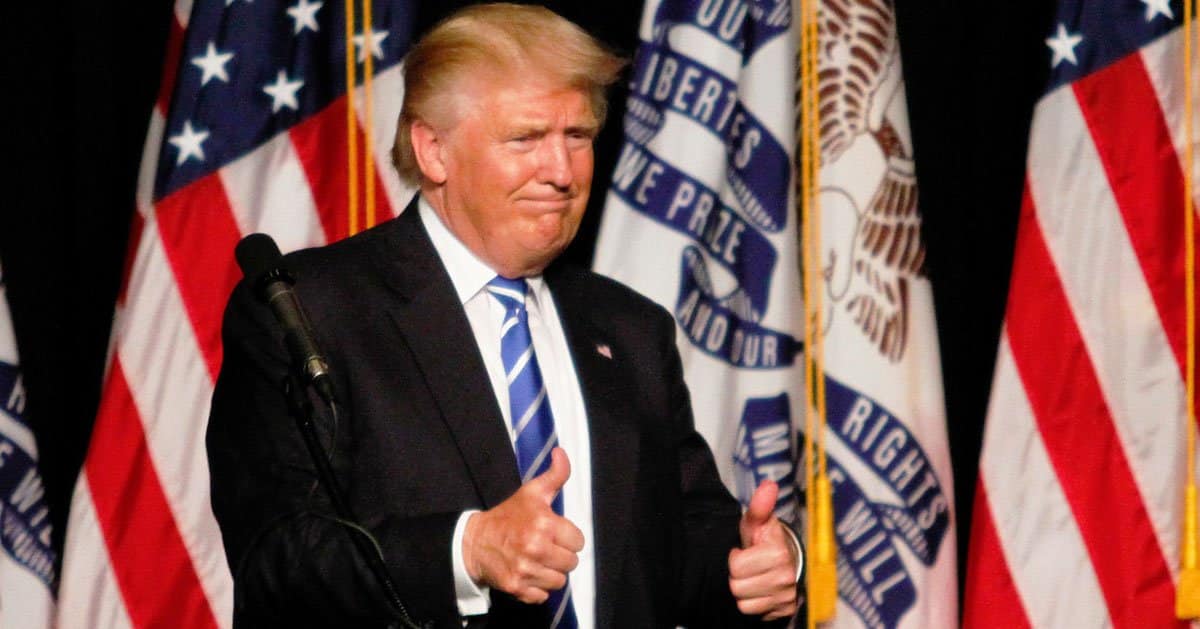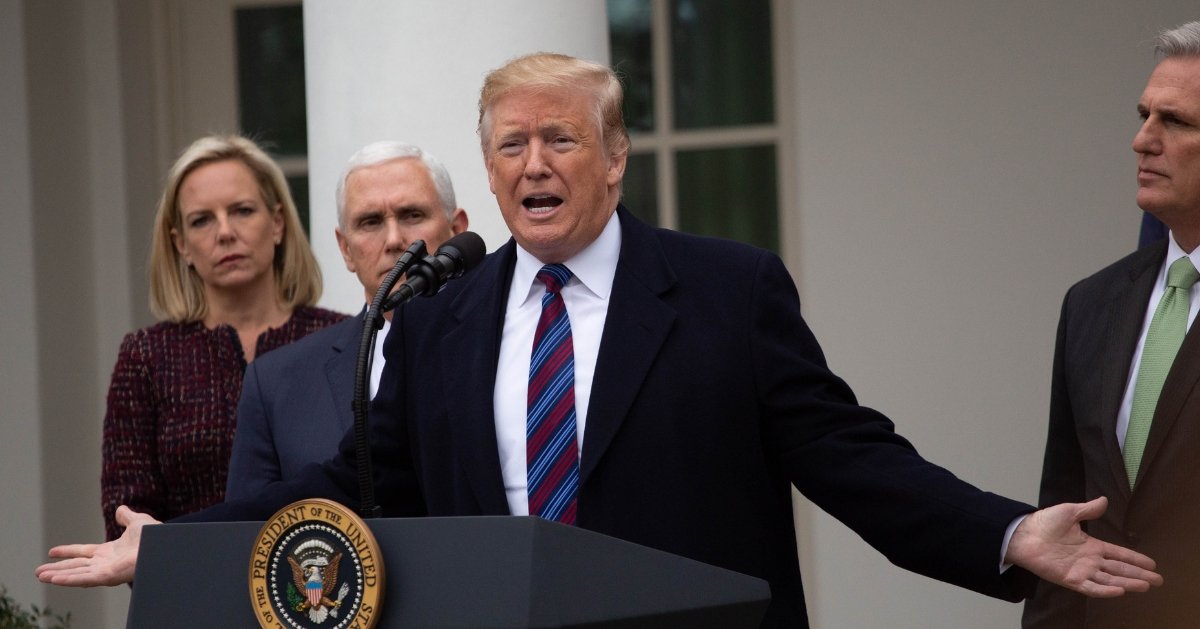






A recent Harvard-Harris survey, conducted on October 1-2 with 2,413 registered voters, paints a clear picture: 62% believe Republicans will come out on top in the current government shutdown standoff, while just 38% are betting on Democrats.
Breitbart reported that among Republicans, a whopping 92% are confident their side will prevail, and even 62% of independents are leaning toward a GOP victory. Meanwhile, 70% of Democrats are holding firm, convinced their party will win this high-stakes battle.
The core of this conflict isn’t just about keeping the government’s lights on—it’s a fierce debate over spending and healthcare priorities. Democrats are digging in their heels, refusing to accept current spending levels and pushing back against reductions in subsidies from the COVID era. It’s turned a budget fight into a full-blown healthcare skirmish.
Now, let’s be real: when 62% of voters, including a majority of independents, side with one team, it’s a signal that the public mood isn’t buying what the other side is selling. The progressive push to cling to pandemic-era spending levels might sound noble to some, but to many, it feels like a refusal to face fiscal reality.
Speaker Mike Johnson, R-La., didn’t mince words when addressing the situation. “I want you to look at the real facts,” he urged during a recent press conference, signaling a frustration with what he sees as Democratic spin.
Johnson went further, accusing Democrats of creating distractions. “They created a red herring. A red herring is a distraction,” he said, pointing to the healthcare debate as a deliberate pivot away from core budget issues.
Let’s unpack that for a moment. If the GOP is right, this healthcare focus is less about principle and more about political theater—a way to dodge tougher conversations about fiscal restraint. It’s a classic move, but one that might not fool a public already skeptical of overblown narratives.
The survey’s margin of error, a tight +/- 1.99%, suggests these numbers aren’t just a fluke. They reflect a genuine sentiment among voters who seem to think Republicans have the upper hand in messaging, strategy, or sheer stubbornness. Whether that holds true remains to be seen, but the data is hard to ignore.
Democrats, for their part, aren’t backing down, with a solid 70% of their base believing they’ll emerge victorious. It’s a confidence that clashes sharply with the broader public’s view, raising questions about whether their stance on healthcare subsidies resonates beyond their echo chamber.
Critics of the Democratic position might argue it’s a risky hill to die on. Clinging to elevated spending from a crisis period could be seen as tone-deaf when many Americans are tightening their own belts. It’s a gamble that might not pay off if public patience wears thin.
On the Republican side, the overwhelming support from their base—92%—shows a party unified in its resolve. They’re framing this as a fight for fiscal sanity, a narrative that seems to be sticking with independents as well. It’s a rare moment of alignment in a fractious political landscape.
Independents, often the tiebreakers in these debates, are tilting heavily toward a Republican win at 62%. That’s a tough pill for Democrats to swallow, as it suggests their messaging on healthcare isn’t cutting through to the middle ground. It’s a wake-up call for a party that prides itself on broad appeal.
As this shutdown fight drags on, the stakes couldn’t be higher. Both sides are entrenched, with Republicans banking on public support for restraint and Democrats doubling down on their healthcare priorities. The Harvard-Harris survey offers a snapshot of where voters stand, and for now, it’s advantage GOP.



